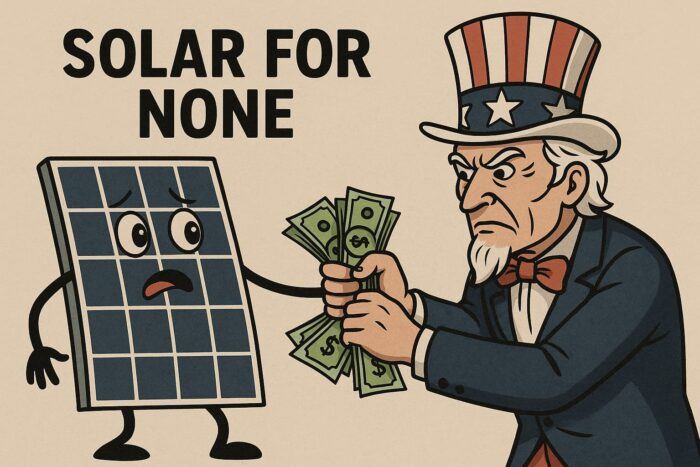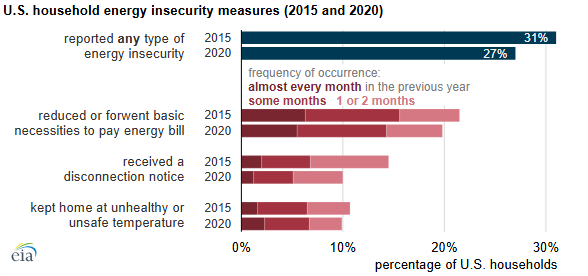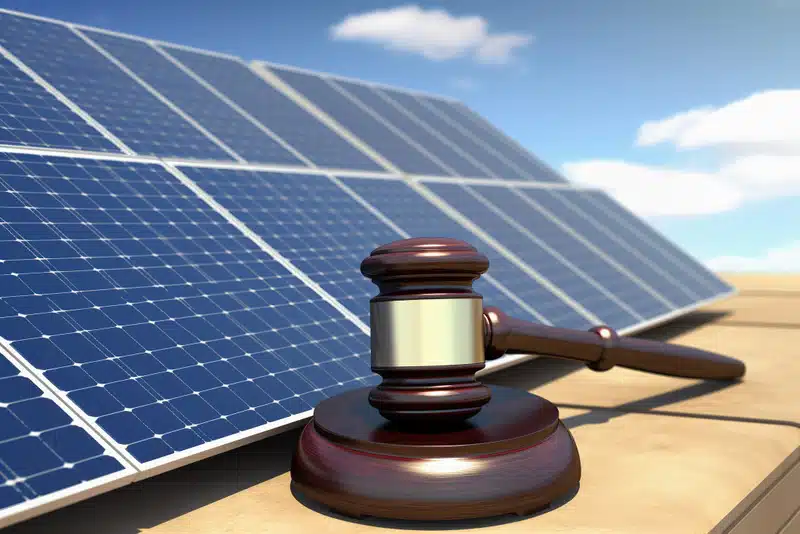Solar for None: GRID Alternatives forced to halt $330M in projects after EPA rescinds funding
Fallout from the EPA’s termination of $7 billion in committed funds continues, this time upending plans for Tribal Nations, affordable housing, and low-income families going solar across 30 states

The Environmental Protection Agency abruptly canceling $7 billion in Solar for All grants was a national setback for clean energy access. For groups like GRID Alternatives, the country’s largest nonprofit solar installer, the impact is measured in very specific losses: tens of thousands of low-income households, hundreds of millions in bill savings, and thousands of solar job opportunities.
GRID confirmed this week it has received official notice from EPA that its awards under Solar for All — nearly $330 million across two programs — are being rescinded. GRID and its affiliate, Tribal Energy Alternatives, planned to launch two initiatives with the funding:
- The Solar Access for Nationwide Affordable Housing (SANAH) program, targeting affordable housing families.
- The Western Indigenous Network – Solar for All (WIN-SFA), designed to expand Tribal energy sovereignty.
By 2029, those programs were projected to serve 40,000 households, generate $541 million in savings, create 6,700 job training opportunities, and avoid 3.4 million tons of CO2 emissions. All of it is now paused.
“When we applied for this grant, the intent was to serve Tribal Nations in the same excellence we have always done,” said Talia Martin, co-executive director of Tribal Energy Alternatives. “This program was meant to design a clean energy pathway for Tribal communities. … If anything, it emboldens our commitment to the work and lights us up.”
A nonprofit left in the lurch
GRID had already begun preparing its first Solar for All ribbon-cutting, planned in Traverse City, Michigan, in partnership with Habitat for Humanity. That project, along with sub-awards from other recipients eager to partner with GRID, is now on indefinite hold.
The organization stresses that the stakes go beyond individual rooftops. According to the U.S. Energy Information Administration, 34 million American households are energy insecure, often forced to choose between electricity and other basic needs. Solar for All was designed to address that inequity directly.

“GRID was and remains at the precipice of launching these historic programs with our partners, and that momentum has created real excitement across the country,” said Chris Walker, GRID’s chief policy & programs officer. “From American equipment manufacturers and affordable housing developers, to Tribal Nations, solar installers, and workforce development groups—everyone is ready to help deliver this program to the American people.”
The broader fallout
Earlier this month, EPA Administrator Michael Regan posted a video confirming the grants would be rescinded — a move legal experts and advocates argue is unlawful. And indeed, legal challenges are forming.
“If leaders in the Trump administration move forward with this unlawful attempt to strip critical funding from communities across the United States, we will see them in court,” said Kym Meyer, litigation director at the Southern Environmental Law Center.
In the meantime, families and communities that had been told relief was on the way are left waiting. For GRID Alternatives and its Tribal Energy partners, the rescission means pausing shovel-ready projects that could have lowered bills, supported affordable housing, and created jobs.





Comments are closed here.